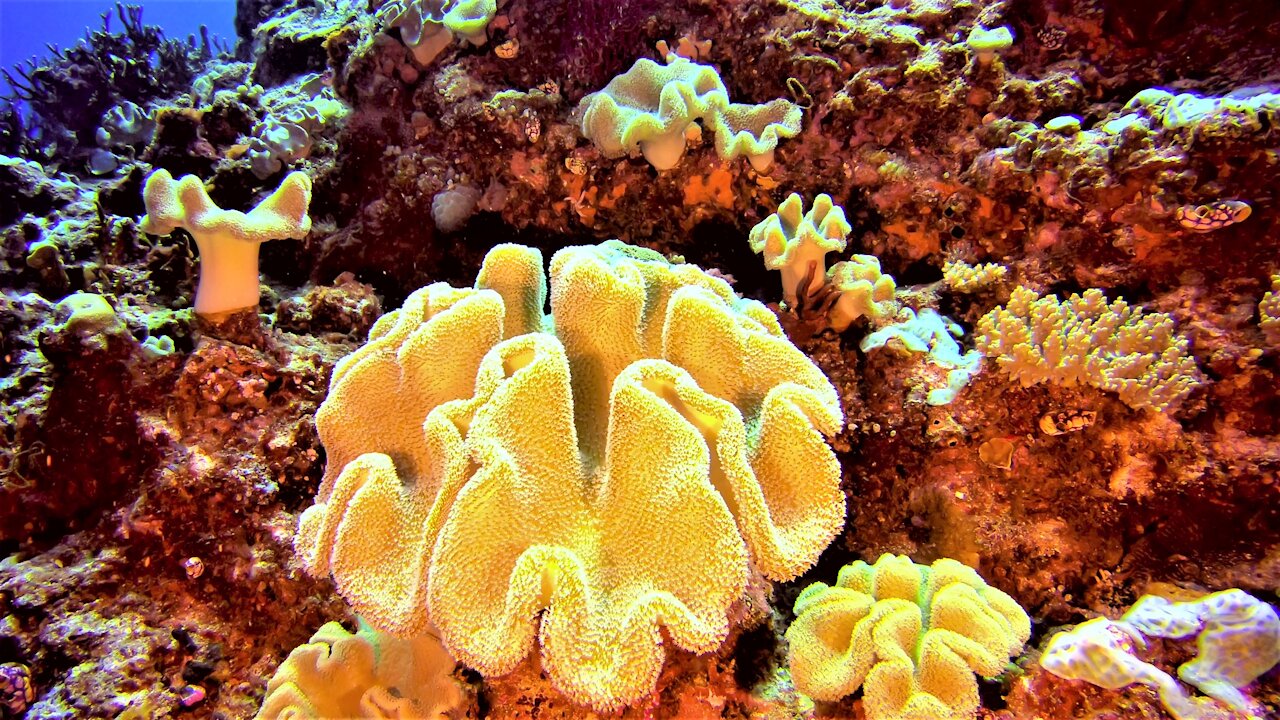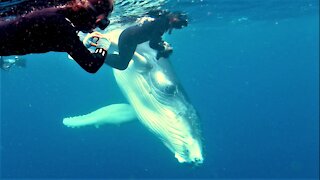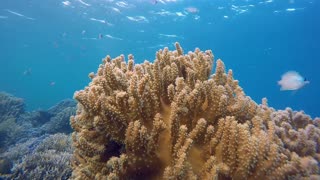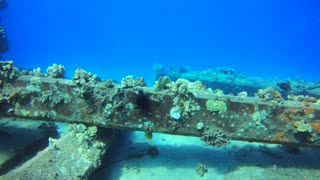Premium Only Content

This beautiful coral may hold a secret for curing cancer and helping stroke victims
Coral is vital to the survival and overall health of the oceans. It is a source of food and shelter for countless organisms. It creates a natural barrier for waves and currents, protecting shoreline and beaches from erosion. We understand that without coral, much of the life in the ocean would die, and our own existence would be threatened at the same time.
But scientists are only beginning to unlock the secrets that lie beneath the surface of the ocean. This leather coral is a perfect example of how crucial a seemingly ordinary animal, smaller than a pencil eraser is vital to our own health. These leather corals are actually made up of many thousands of tiny animals all clustering together to make what appears to be one larger organism. Each individual filters the water and feeds on microscopic plankton, or relies on photosynthesis to obtain food and energy from sunlight. The process of photosynthesis actually relies on a complex relationship with smaller organisms that live within the tissues of the coral itself. The tiny corals polyps secrete calcium carbonate to give the larger colony structure and rigidity.
But the real secret of the leather coral featured here in this video is a toxic substance that they produce and excrete to interfere with the growth of competitive species of coral around them. Meant to assist them by limiting competition, the toxin also has medical benefits that are being explored.
Researchers have discovered that the isolated compounds may inhibit the growth of cancerous tumours in humans and other animals. The compounds may also reduce inflammation and damage following strokes. Several other benefits are being investigated as well.
Protecting the biodiversity in our oceans has never been so important. We have not even scratched the surface as we discover more benefits every year that lie waiting for us in the mysterious depths of our planet's waters. As we understand nature more, we must also learn to respect and preserve it. And if we need one more reason to care for our coral reefs, they are beautiful.
-
 2:11
2:11
WildCreatures
6 days ago $1.23 earnedBrilliant Blue Hyacinth Macaw Eats Nuts With Impressive Dexterity
16K16 -
 2:41
2:41
WildCreatures
4 years ago $9.67 earnedBaby humpback whale has beautiful interaction with swimmers
301K59 -
 1:28
1:28
WildCreatures
4 years ago $1.63 earnedBeautiful giant hornbill plays happily with a new toy
7.27K13 -
 6:56
6:56
victoryyong
4 years agoBeautiful Coral
2.98K5 -
 0:33
0:33
AhmedGubran
4 years agobeautiful Coral Underwater
821 -
 0:25
0:25
WildCreatures
4 years ago $104.52 earnedDeer makes beautiful leap over high fence to join farm animals
4.54K12 -
 3:00
3:00
Jeniperez78
4 years agoHelping a beautiful bird
39 -
 2:35
2:35
KMGH
4 years agoHelping Colorado wildfire victims
212 -
 1:54
1:54
WMAR
4 years agoHelping in the FIGHT against cancer
3371 -
 0:44
0:44
Mina89
5 years ago $16.54 earnedFrogfish perfectly masters coral camouflage
3.1K1